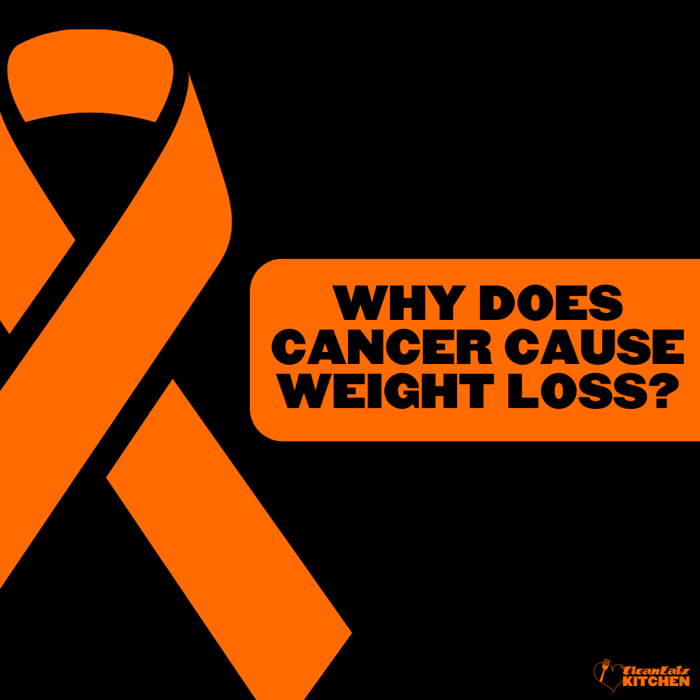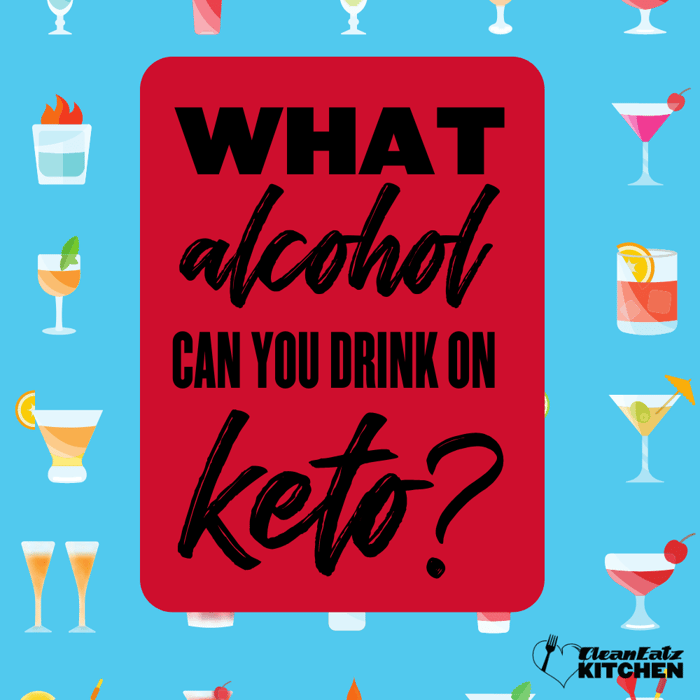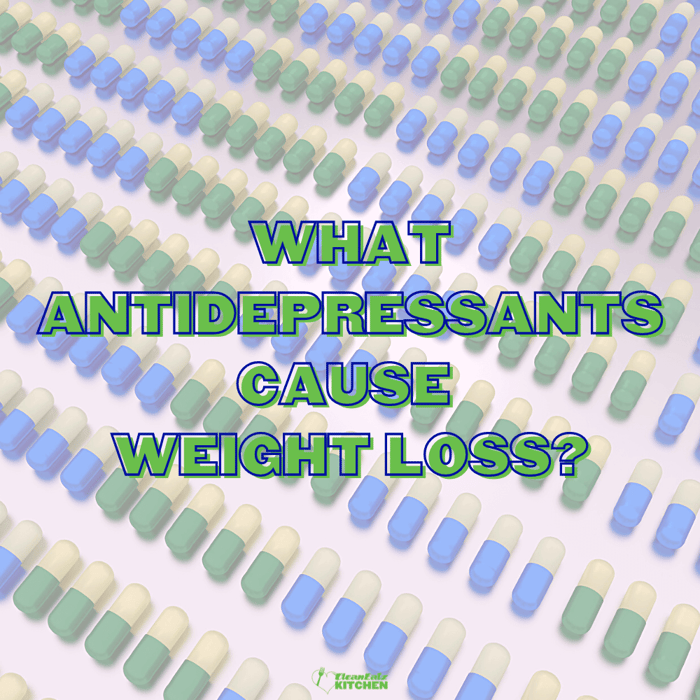Why Does Cancer Cause Weight Loss? Causes, Cachexia & When to Call Your Care Team

Dorothy M. Shirnyl, RND
Healthy Lifestyle
10/08/2025 10:55am
4 minute read
Quick answer: Cancer-related weight loss can come from a mix of reduced intake (poor appetite, swallowing or taste changes, nausea), treatment side effects, and metabolic changes driven by the disease. A subset of people develop cancer cachexia—a wasting syndrome that isn’t fully reversible with food alone. If you or a loved one is losing weight unintentionally, contact the care team promptly.
On this page
- Why cancer can cause weight loss
- What is cancer cachexia?
- When to call your care team
- What can help (under medical guidance)
- Gentle, food-first ideas
- What to eat from Clean Eatz Kitchen
- FAQ
Why cancer can cause weight loss
Reduced intake
- Anorexia/low appetite from the illness itself.
- Taste/smell changes, mouth sores, dry mouth, nausea, reflux, pain—all can make eating harder.
- Mechanical issues (e.g., trouble swallowing or early fullness with upper GI tumors).
Metabolic changes
- Higher energy needs and inflammation: disease-related signals can increase resting energy use and promote muscle breakdown.
- Hormonal and immune changes that alter how the body uses and stores nutrients.
Treatment effects
- Chemotherapy/radiation/immunotherapy may cause nausea, vomiting, diarrhea, mucositis, fatigue, or taste changes that reduce intake.
What is cancer cachexia?
Cancer cachexia is a syndrome of involuntary weight and muscle loss—often with fatigue and weakness—that cannot be fully reversed by nutrition support alone. It’s more common in advanced cancers and needs a multimodal plan led by the oncology team.
When to call your care team
- Unintentional weight loss ≥5% within about 6 months.
- Persistent swallowing difficulty, vomiting, diarrhea, or pain that limits eating or drinking.
- Severe fatigue, dehydration, or dizziness.
Don’t wait for the next appointment—message your clinic. Early attention can help maintain strength and treatment tolerance.
What can help (under medical guidance)
- Early nutrition referral: a registered dietitian can suggest individualized strategies and symptom-specific workarounds.
- Symptom control: anti-nausea meds, saliva substitutes, pain control, oral-care protocols, and reflux management to make eating easier.
- Small, frequent meals & energy-dense add-ins: “every bite counts” when appetite is low.
- Light activity as tolerated: brief walks or gentle resistance may help maintain function—only if cleared by your team.
- Feeding tubes/IV nutrition: not routine for cachexia; used case-by-case based on goals of care.
Gentle, food-first ideas
- Protein each time you eat: eggs, dairy, poultry, fish, tofu/tempeh, beans, nut/seed butters.
- Fortify foods: add powdered milk to soups/oatmeal; olive oil, avocado, nut butters, or yogurt to smoothies; use soft, moist textures.
- Neutral-temperature options: cool foods or room-temp items if hot foods and odors are off-putting.
- Fluids: broths, smoothies, electrolyte drinks—sip through the day if large meals are hard.
Always clear diet changes and supplements with your oncology team.
What to eat from Clean Eatz Kitchen
Only if your care team approves, these options can simplify eating on lower-appetite days:
- Build-A-Meal Plan — choose softer textures and protein-forward options; split meals into smaller servings.
- Meal Plans — rotate higher-protein, moderate-calorie choices your team is comfortable with.
- Protein PB&J — a softer, easy-to-eat option for light snacks between meals.
FAQ
Is cancer weight loss the same as cachexia?
No. Weight loss can happen for many reasons (less intake, treatment effects, GI issues). Cachexia is a specific syndrome of muscle and weight loss driven by disease-related changes and isn’t fully reversed with food alone.
How much weight loss is concerning?
About 5% or more over ~6 months is a common clinical threshold to flag evaluation. Any rapid, unintended loss warrants a call to your team.
Can eating more stop cachexia?
Nutrition helps overall health, but cachexia typically needs a multimodal approach (treating the cancer, symptom control, nutrition strategies, activity when safe, and sometimes medications).
Do all cancers cause weight loss?
No, but it’s more common with certain cancers (e.g., some upper GI and lung cancers) and in advanced disease.
Should I use appetite stimulants or supplements?
Only under medical guidance. Some drugs can increase appetite short-term, but routine use isn’t universally recommended; discuss risks/benefits with your oncology team.
Related Articles
What Alcohol Can You Drink on Keto? Low-Carb Picks
12 minute read
Which Antidepressants Cause Weight Loss?
6 minute read



